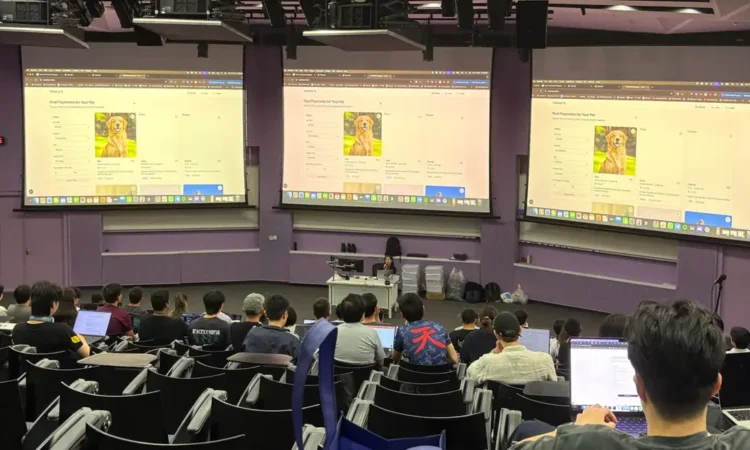
The founders and teams fueling the AI boom look a lot different — and are generally younger — than the software-era startups of yesteryear.
AI founders are five years younger by median age, more technical than business-minded, and generally don’t have a previous history of working together, according to a new report by early-stage venture capital firm Leonis Capital, which examined the 100 fastest-growing AI startups using internal AI research tools and public data.
The unicorn club of the 2010s included Airbnb, Box, and LinkedIn, and these companies were more frequently led by product managers and MBAs.
Now, AI founders are likelier to be PhDs and math Olympiad medalists with research backgrounds coming together around a technical breakthrough.
That’s because “in AI, the tech is the product,” said Leonis partner Jenny Xiao, a former OpenAI researcher. “In previous generations, the tech is an enabler for something else,” Xiao added, citing examples like Airbnb’s short-term rental or Uber’s car marketplaces.
Their median age is 29, compared to 34 during the 2010s, and the most frequent founding age is 26 or 27. Cursor’s founders were in their early 20s out of MIT when they started the company, for instance, while CEO Aravind Srinivas was 28 when he cofounded Perplexity. The cofounders of AI legaltech startup Harvey were also in their late 20s.
Even as founders become younger, the myth of the college dropout may be an outlier. And name recognition matters. More than 60% of top AI founders graduated from elite institutions such as MIT, Stanford, and Harvard, according to the report.
The teams under leaders are also evolving. They’re smaller and less hierarchical, with CEOs having a hand in multiple layers of management. Xiao attributed this to AI replacing jobs and a broader efficiency push that’s seeing middle managers removed across Silicon Valley.
AI startups are generally quicker to pivot as model capabilities evolve, and they’re faster at scaling revenue, according to the report.
For example, the AI coding tool Cursor hit $100 million in annual recurring revenue within a year, Leonis said — a feat Slack managed in three. The firm attributes this to AI’s ability to replace hours of skilled labor and founders moving faster to generate revenue.
Finally, the report looked at the VC firms backing the AI boom. At the pre-seed and seed stage, Y Combinator leads the pack by a vast margin, backing more than 20% of the 100 fastest-growing AI startups.
That said, while Andreessen Horowitz and Sequoia dominate Series A and B rounds, they’re also “moving aggressively upstream,” or participating in earlier-stage rounds, according to Leonis.




